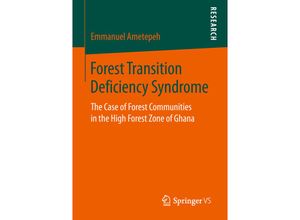
EAN: 9783658250386
Produktdaten aktualisiert am: 30.01.2026
Bilder-Quelle: discount24.de - Sport-Freizeit

Letzte EAN Aktualisierungen:
9783658250386 - Forest Transition Deficiency...4084900216590 - Graphite Set 11-teilig schwa...
8595602512256 - Reindeer for Adult Cats - En...
9783958292659 - The Outlands - William Eggle...
9789811323621 - Theoretical and Empirical An...
4748341573000 - Ouddiction Inspired By Oud F...
9781250623096 - Loonshots - Safi Bahcall Kar...
9783030349271 - Palgrave Studies in Literary...
kürzlich hinzugefügt:
8595602512256 - Reindeer for Adult Cats - En...9783030349271 - Palgrave Studies in Literary...
9783958292659 - The Outlands - William Eggle...
9781250623096 - Loonshots - Safi Bahcall Kar...
9780231200356 - Unnerved - Anxiety Social Ch...
4748341573000 - Ouddiction Inspired By Oud F...
9789811323621 - Theoretical and Empirical An...
9783658250386 - Forest Transition Deficiency...